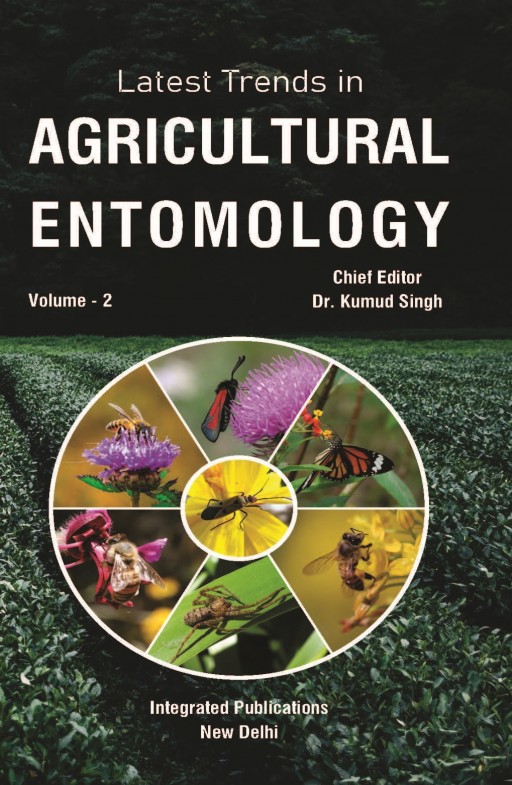Pest Management of Helicoverpa armigera


Helicoverpa armigera commonly known as cotton bollworm or American bollworm is a serious pest of many agriculturally important crops and claims a major share in crop losses every year in many parts of the world. Among lepidopterans, world's major crop pests belong to the Heliothines that include Helicoverpa armigera, responsible for major agricultural losses in different parts of the world. Early workers used various cultural practices such as tillage, host plant resistance (HPR), planting, irrigation, fertilizer applications, destruction of crop residues, use of trap crops, crop rotation, push-pull strategy etc. as the mainstay of their insect control efforts. Chemical pesticides that are used by the farmers to control infestation have become increasingly less feasible mainly because of development of pesticide resistance in the insect population and also due to their serious threat to natural ecosystems. The attractive alternative to the use of hazardous chemicals is biological control is the most interesting component of integrated pest management (IPM). The value of biological control agents in integrated pest management is becoming more apparent as researches are conducted. One of the approaches with enormous potential to revolutionise the way insect pests are managed in broad acre crops is through the use of semiochemical products, natural plant extracts, or secondary plant compounds (SPCs). Hundreds of pheromones and other semiochemicals have been discovered that are used to monitor the presence and abundance of insects and to protect plants and animals against insects. The development of Bt transgenic crops, provide ideal protection to all plant parts from the damage of insect pests. However, the rapid development of resistance to this toxin by the insect population as well as the decline in the toxin content in ageing plants has led to have alternative eco-friendly strategies to Bt technology to combat pest attack in the field.